If people concentrated on the really important things in life, there’d be a shortage of fishing poles. ~Doug Larson
Because I know of places where the water seems endless.
Because the day is bright and the sand pulse along the shore is warm.
Because I enjoy the challenge, pursuit and thrill of the catch (and release).
These are the primary reasons why we anglers wet lines. But there’s more to it. Really, there is.
Every angler has his or her own reasons for going waterside, there is no question about that.
A large part of fishing for me is the peace of mind that comes with it. I don’t mean you put your brain to sleep; any angler will tell you that if you’re not thinking about what you’re doing, you most likely aren’t catching any fish, right? However, fishing shares one similarity with good sleep, seriously. It takes all of the stresses of everyday life – the busyness, worries, responsibilities, etc. and pushes it right out of the cerebrum.
I will tell you there’s just no room for those pressures in my brain when I’m fishing. I’m concentrating on rigging my presentation, casting to a certain spot, working my lure or bait in the water, noting conditions, and watching the weather and wildlife, as well as honing in on the other things that go along with effective angling.
Fishing though is a calming influence. It is a reflective and meditative activity that forces you to slow down and enjoy your surroundings. Being out in nature and the elements, away from the computer, iPad and your Smartphone (unless you’re using it for pictures!), allows your brain to relax and focus on one simple task – catching fish.
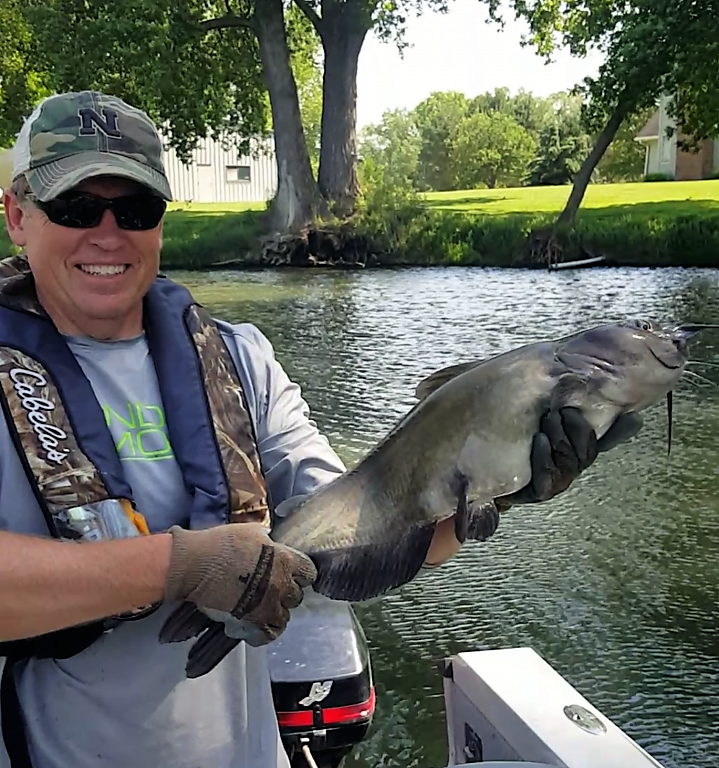
Interestingly, in the United Kingdom, a national angling survey revealed that the main reason millions of anglers go fishing is not to net a record fish, but to escape crowds, de-stress and experience nature. Furthermore, an Australian study found the factors related to health and mental wellness were key in getting people out fishing.
In this country, the Recreational Boating and Fishing Foundation describes recreational fishing as a natural stress reliever because anglers are surrounded by nature, unplugged from electronics, and distanced from the so-called real world. That notion was supported by a team of researchers drawn from the University of Southern Maine, the University of Utah, and the VA in Salt Lake City.
In a study involving U.S. military combat veterans, they found that participants had significant reductions in overall stress and post-traumatic stress disorder symptoms plus improvements in sleep quality after participating in an angling retreat. These Iraq war veterans also experienced lower levels of the stress hormone, cortisol, for as long as three weeks after a weekend fishing trip. Researchers also noted that their patients slept better, expressed lower levels of depression and anxiety, experienced fewer symptoms of somatic stress, and were far less likely to experience the feelings of guilt, hostility, fear, or sadness normally associated with Post Traumatic Stress Disorder (PTSD) and horrific experiences.
The Recreational Boating and Fishing Foundation additionally reports that among the people in the U.S. who hope to take up fishing, 38 percent say they see fishing as a means to relax and relieve stress. Many of these prospective anglers think the soothing sound of water lapping at the shore and the pull of a fishing line would be enough to drive their stress away. And, you know what? They be would correct!
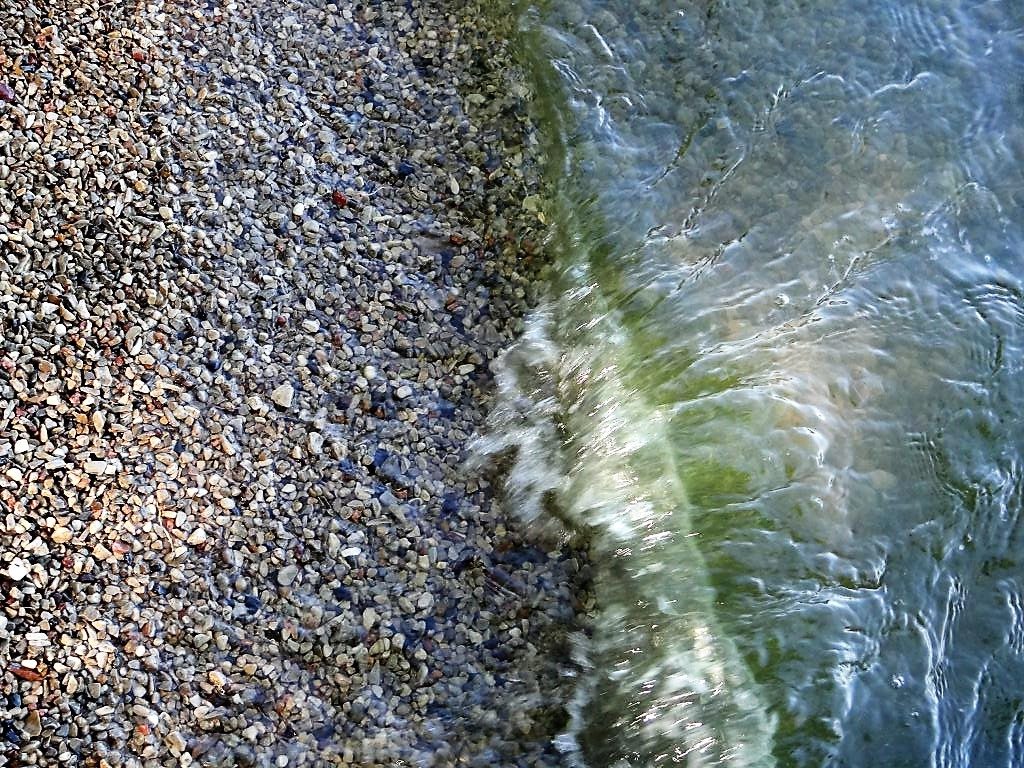
Fishing, more than anything else, personally takes me out of a normal setting and fully places me in another, a natural one, even if it’s just for a few hours. It’s an actual, physical scenario, too, unlike trying to lose myself in a book, movie or TV miniseries or reality show. Fishing is completely atmospheric — it’s all around me at all times, and it demands my full attention. Therapeutic experts claim that, because fishing requires focus, it helps take a person’s mind off internal conflict. Locating fish, developing a strategy to catch them, choosing the correct fly or lure to hook them, and then properly presenting that to the fish all require critical thinking and creativity, which allow a healthy escape from stress, depression, and anxiety.
I also think the feeling of unrestrained optimism in angling is something of tremendous value. That unrestrained optimism translates to an insatiable belief that, at the very next moment, with the very next cast, I could land a big fish or that fish of a lifetime! I feel it every time I put a rod and reel in my hands!
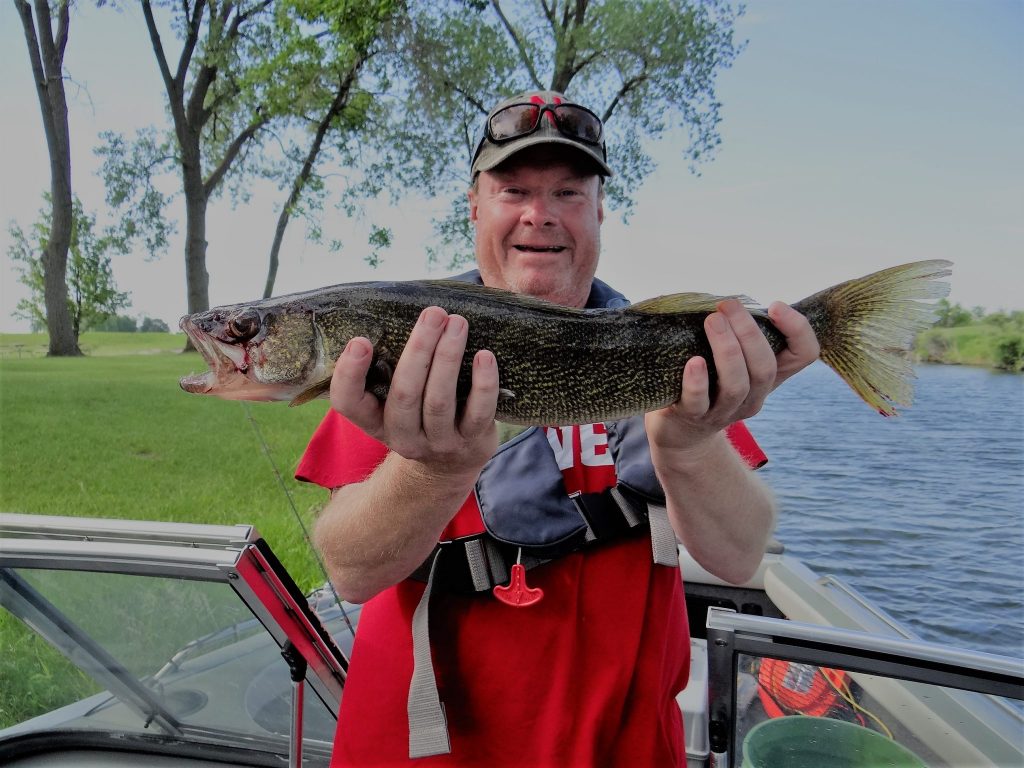
In this country and state, purchasing a fishing permit and having the freedom to spend a day near the water means a great deal. Fishing is one of the more accessible outdoor activities where nearly anyone can easily participate. Whether it is trolling for walleye in a reservoir or using bobbers for bluegills in a farm pond, recreational fishing helps to release us from our highly stressful, everyday routine.
Nothing brings on the sense of being alive and helps to rebuild and restore our mental reserves like a day interacting with nature in an aquatic environment.
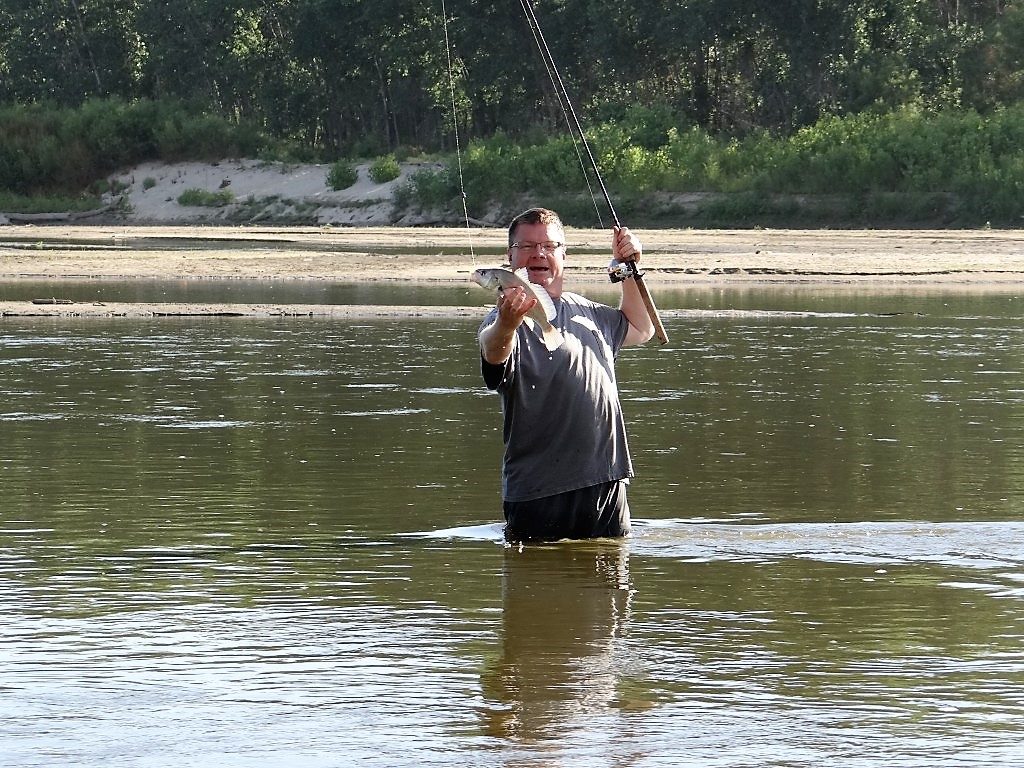
Like the naturalist Henry David Thoreau said: “Everyone should believe in something, I believe I’ll go fishing.”
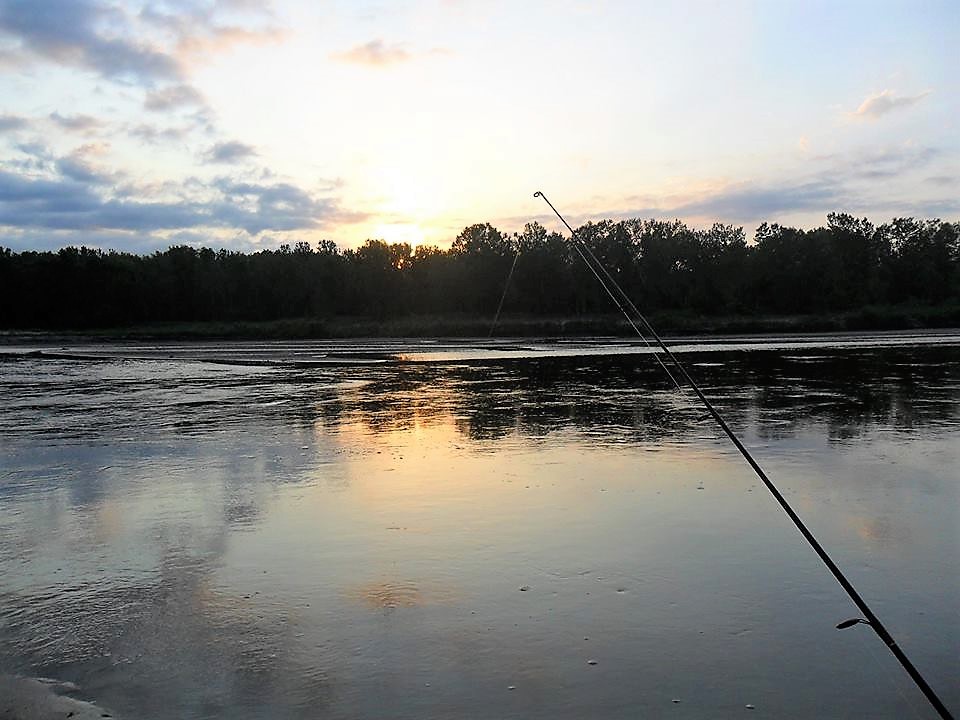
The post Reel Therapy: Fishing! appeared first on NEBRASKALand Magazine.














